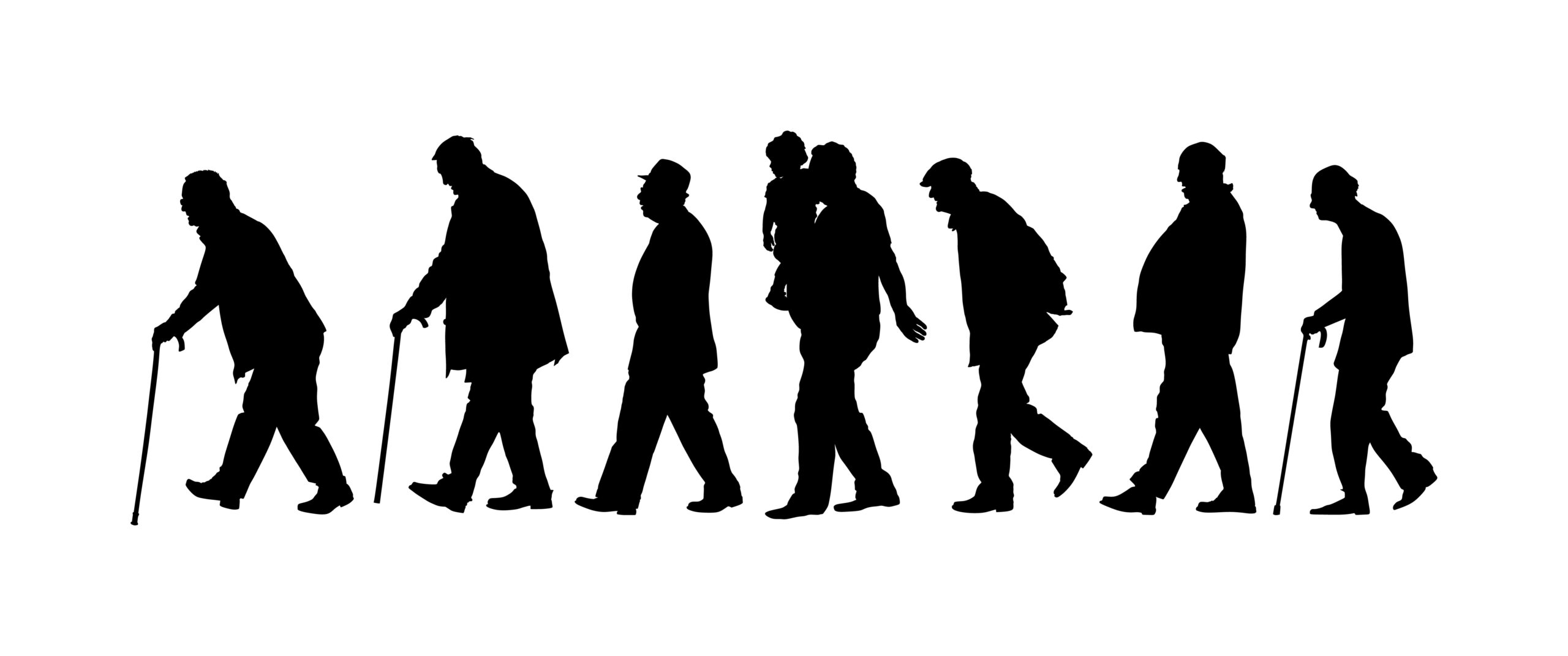Sensory Decline and the World Growing Dimmer
As we grow older, the world around us can start to feel less vivid and clear. This happens because our senses—like sight, hearing, smell, taste, and touch—begin to weaken. This gradual loss is called sensory decline, and it can make everyday experiences feel dimmer or more distant.
One of the most noticeable changes is in hearing. Many people find that sounds become muffled or harder to understand over time. This isn’t just about getting older; it can also be caused by damage from loud noises, infections, or illnesses. When hearing fades, conversations become challenging and the rich background noise of life quiets down.
Sight also tends to fade with age. Colors may not seem as bright and details get blurrier. Sometimes this is due to common eye conditions like cataracts or macular degeneration that affect how well we see things clearly.
Smell and taste are closely linked senses that often decline together. As these senses weaken, food loses its flavor and familiar scents become faint or disappear altogether. This change doesn’t just affect enjoyment—it can impact safety too since smells warn us about dangers like smoke or spoiled food.
Touch sensitivity may lessen as well; skin might not feel textures as sharply as before or respond less quickly to temperature changes. Nerve damage from conditions such as diabetes can worsen this effect.
Several factors contribute to sensory decline beyond normal aging:
– Infections such as colds or viruses sometimes cause temporary loss of smell and taste.
– Chronic health problems like Parkinson’s disease or Alzheimer’s disease interfere with nerve function related to sensing.
– Exposure over time to chemicals, pollution, loud noises, or certain medications damages sensory organs.
– Injuries affecting the head can disrupt how signals travel from sense organs to the brain.
This fading of our senses means the world literally grows dimmer for many people—not just visually but in all ways they experience their surroundings. It affects communication too; when someone cannot hear well or struggles with understanding smells and tastes anymore, connecting with others becomes harder.
Despite these challenges there are ways people manage sensory decline: using hearing aids for better sound clarity; glasses for sharper vision; adapting diets when tastes change; avoiding noisy environments; treating underlying health issues early on—all helping keep life richer even if some senses fade gradually.
The slow dimming of our sensory world reminds us how much we rely on these gifts every day—to enjoy nature’s beauty through sight and sound; savor meals through taste and smell; stay safe through touch—and why protecting them matters throughout life’s journey.





